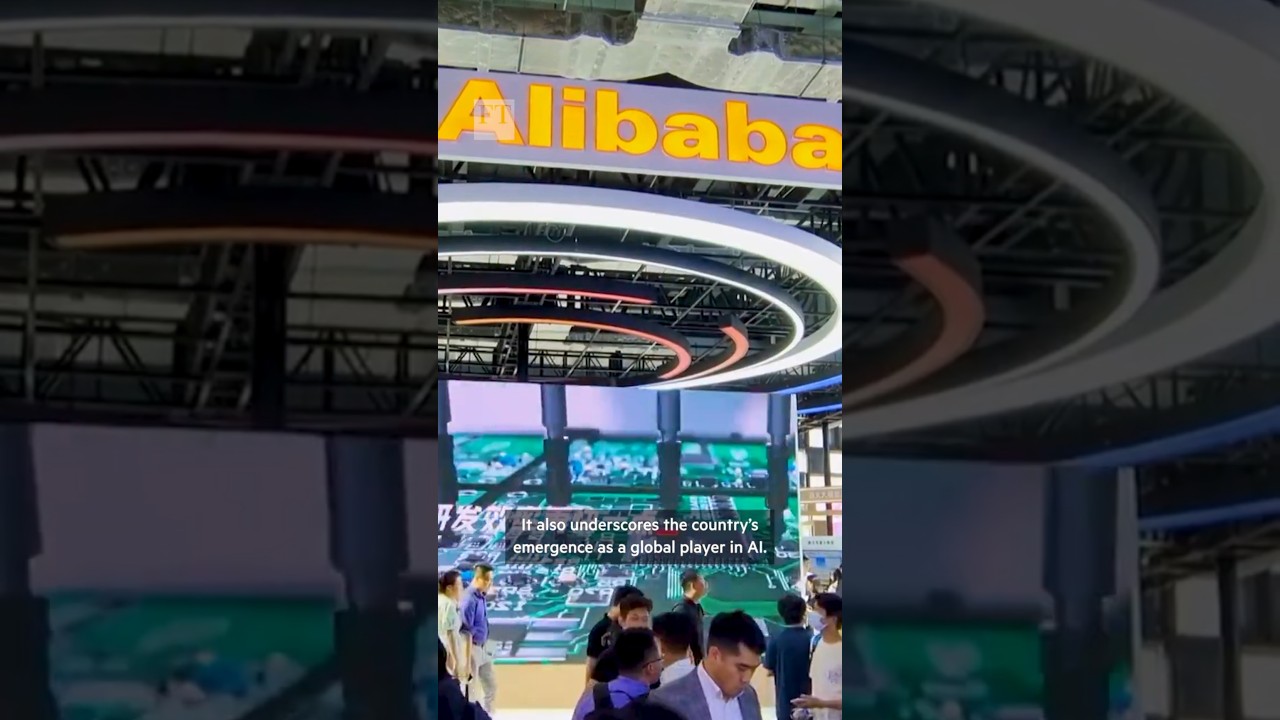Alibaba is aiming to become a leader in the AI sector by investing heavily in startups, chips, and talent, as it seeks to revitalize growth after years of stagnation. However, analysts are skeptical about its long-term competitiveness due to fierce market rivalry and geopolitical tensions that could hinder access to critical technologies.
Alibaba is positioning itself to become a leader in the artificial intelligence (AI) sector, particularly in light of a projected surge in AI demand in China. This shift has been significantly influenced by the company’s leadership, which has prioritized AI development through substantial investments in startups, extensive spending on chips, and aggressive recruitment of researchers. This pivot towards AI represents a critical strategic move for Alibaba, especially after experiencing stagnant growth in recent years.
The company’s renewed focus on AI marks a notable turnaround for Alibaba, which has been a key player in China’s tech industry since its inception. By leveraging its resources and expertise, Alibaba aims to capture the attention of China’s vast internet user base, which numbers approximately 1.1 billion. The introduction of various AI applications is part of this strategy to engage and attract users, showcasing the company’s commitment to innovation in the tech landscape.
Despite these ambitious plans, analysts express skepticism about Alibaba’s ability to maintain a long-term competitive edge in the rapidly evolving AI market. The landscape is characterized by fierce competition, and Alibaba will need to navigate numerous challenges to establish itself as a frontrunner. The company’s historical significance in the tech industry adds pressure to its current endeavors, as it seeks to reclaim its status amidst rising competition.
Geopolitical tensions, particularly between China and the United States, pose additional risks to Alibaba’s AI ambitions. These tensions could impact the company’s ability to access critical technologies and resources, which are essential for advancing its AI initiatives. The ongoing trade and technology disputes may hinder Alibaba’s growth trajectory and limit its potential in the global AI arena.
Furthermore, while Alibaba has made strides in chip design, it still lags behind the most advanced players in the field. The company faces challenges in scaling production capacity, especially in light of U.S. restrictions that affect its access to necessary components. As Alibaba navigates these obstacles, its success in the AI sector will depend on its ability to innovate, adapt, and overcome the competitive and geopolitical hurdles it faces.
